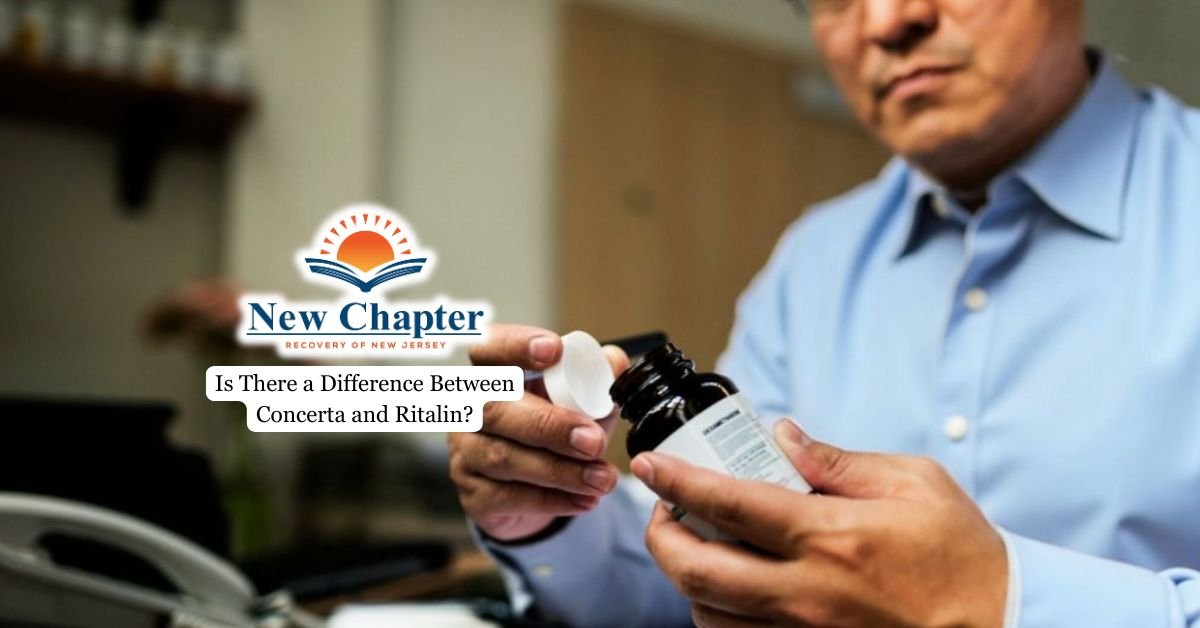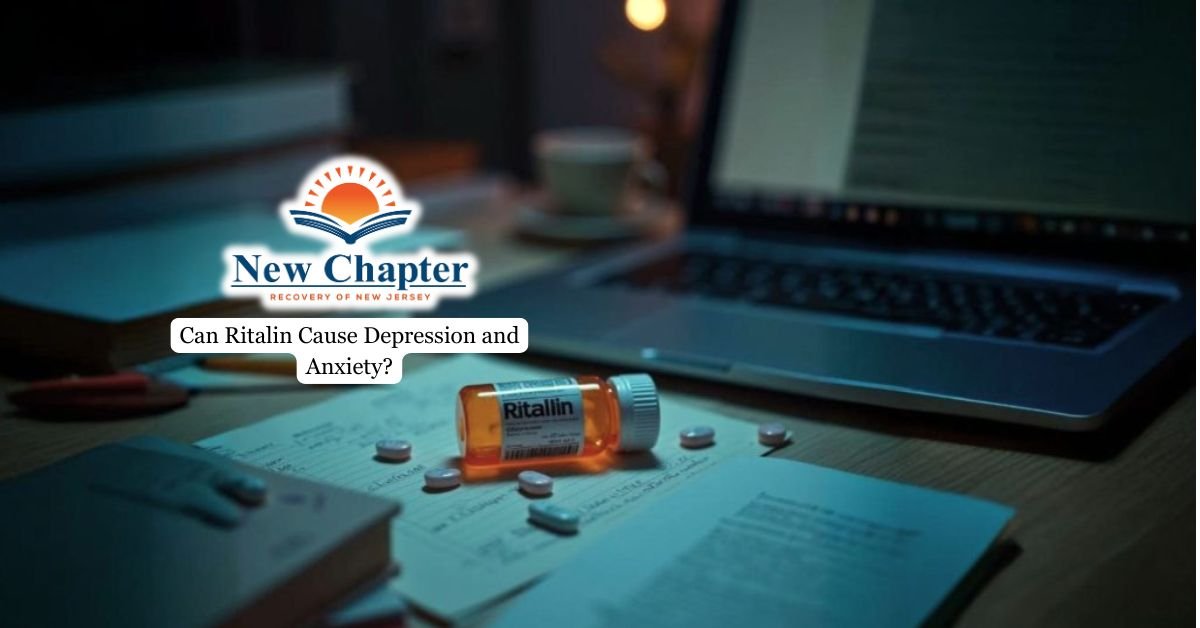Cognitive Behavioral Therapy (CBT) is one of the most widely used and effective approaches in treating substance use disorders. Rooted in evidence-based psychological principles, CBT helps individuals identify, challenge, and replace harmful thought patterns and behaviors that contribute to addiction.
This discussion outlines how CBT is used in addiction treatment and why it plays a critical role in long-term recovery.

Understanding the Basics of CBT
Cognitive Behavioral Therapy (CBT) is a structured, goal-focused approach to talk therapy. It operates on the premise that negative thought patterns can drive harmful behaviors, such as substance misuse. By identifying and reshaping these thoughts, individuals can transform their actions. Unlike therapies that delve into the past, CBT emphasizes present challenges and practical strategies for meaningful change.
In addiction recovery, CBT helps clients recognize the triggers and automatic thoughts that drive their substance use. It equips them with the tools to challenge those thoughts and replace harmful behaviors with healthier coping mechanisms.
This approach is especially effective because it empowers individuals with strategies they can continue to use long after formal treatment ends. When combined with a faith-based program, CBT can further strengthen recovery by integrating spiritual growth and personal reflection alongside practical strategies for change.
Targeting the Cycle of Addiction
Addiction is not just about physical dependence; it’s a behavioral disorder deeply rooted in emotional and psychological patterns. CBT addresses the mental and emotional aspects of substance use by examining the relationship between thoughts, emotions, and behaviors.
A person may turn to alcohol or as a way to cope with stress, anxiety, depression, or trauma. These triggers often follow predictable cognitive patterns—such as catastrophizing, black-and-white thinking, or low self-worth. CBT helps individuals identify these patterns and understand how they influence behavior. By changing the internal dialogue, individuals can interrupt the cycle of craving, use, and regret that defines addiction.
Identifying Triggers and Building Coping Strategies
A critical part of CBT in addiction recovery involves learning to recognize triggers—specific people, places, feelings, or events that increase the risk of relapse. Triggers are often tied to emotional states like anger, sadness, anxiety, or loneliness or to environmental cues associated with past substance use.
In CBT, individuals work closely with a therapist to identify these triggers and understand how their thoughts respond to them. This self-awareness leads to the development of personalized coping strategies. For example, someone who feels overwhelmed at work may learn stress management techniques. Someone who uses substances to escape negative emotions may develop skills for emotional regulation and problem-solving.
Through consistent practice, these strategies become internalized, helping individuals navigate challenging situations without resorting to substance use. The goal is to build a sense of confidence and control in everyday life—two things that addiction often takes away.
Restructuring Harmful Thought Patterns
One of the central techniques in CBT is cognitive restructuring, which involves identifying irrational or unhelpful thoughts and replacing them with more balanced, realistic ones. Many individuals in recovery carry deep-seated beliefs like “I’m a failure,” “I’ll never change,” or “I don’t deserve a better life.” These beliefs are not only false but also dangerous—they can quickly lead back to relapse.
Cognitive restructuring teaches individuals to question these thoughts rather than accept them as truth. Therapists guide clients through examining the evidence for and against a belief, exploring other explanations, and reframing the thought in a more constructive way. Over time, this process becomes automatic, helping to reduce self-sabotage and improve emotional stability.
Instead of focusing on positive thinking alone, CBT focuses on realistic thinking. Clients don’t just tell themselves things will be okay—they learn how to actively work toward making things okay, step by step.

Enhancing Relapse Prevention
Relapse is a common part of recovery, but it doesn’t have to be the end of the journey. CBT equips individuals with tools to identify early warning signs of relapse and take proactive steps to prevent it.
Therapists work with clients to explore the chain of events that typically lead to relapse. This includes identifying the initial trigger, the thoughts it provokes, the emotions that follow, and the eventual behavior. By understanding this chain, clients can interrupt it before it leads to substance use.
CBT also focuses on strengthening decision-making skills and preparing for real-life situations that test one’s sobriety. Whether it’s social pressure, emotional setbacks, or unexpected stress, CBT teaches individuals how to respond in a way that supports their recovery. Over time, this improves resilience and builds a more stable foundation for long-term sobriety.
Integrating CBT with Holistic Addiction Treatment
CBT is rarely used in isolation. In comprehensive treatment programs, CBT is integrated with other evidence-based therapies, medical support, and faith-based care to treat the whole person.
Because addiction affects the mind, body, and spirit, recovery must address all of these areas. CBT fits naturally into this model by providing the mental and emotional tools needed to make lasting changes. When combined with spiritual counseling, group therapy, and wellness practices, CBT helps individuals reconnect with their values, purpose, and long-term goals.
Treatment plans are personalized, but CBT often serves as the backbone of behavioral therapy in outpatient and residential programs. It is also highly adaptable for one-on-one sessions, group therapy, or even digital formats for continued support after treatment.
Final Thoughts from New Chapter Recovery
At New Chapter Recovery, we recognize the powerful role Cognitive Behavioral Therapy plays in sustainable addiction recovery. Our licensed therapists use CBT to guide clients in identifying harmful patterns, building resilience, and restoring control over their lives. If you’re seeking an addiction treatment in Parsippany-Troy Hills NJ, our integrated approach ensures that CBT is delivered in a way that aligns with your values and long-term healing goals.






